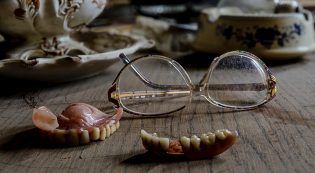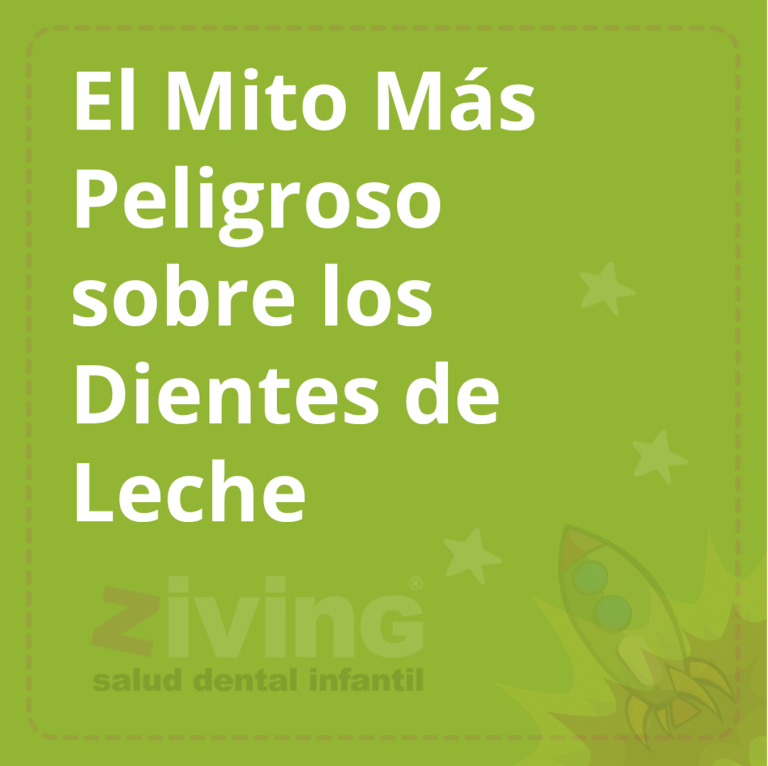We may feel surprised to read about “the language of teeth“, but language is not only the ability to use articulated sounds or style and way of speaking and writing, which logically teeth do not have, however they are able to “tell” many things about individuals, to such an extent that they allow us to identify the individual when certain circumstances occur.
Teeth are the most resistant tissues in the human body. They are capable of withstanding temperatures in excess of 1600 degrees. They also have individual characteristics that allow us to distinguish ourselves, no two dentures are alike. Its hardness and resistance to external agents means that it is even possible to obtain genetic material from dental pulp.
The teeth serve as a guide for the identification of people, victims of major catastrophes, both natural, after tsunamis or earthquakes, and technological in air crashes, bombings, in crime investigation, and even identification from skeletal remains of missing persons.
From a forensic point of view, the condition of the teeth and jaws provides valuable information.
This is the case when they are the only surviving remains of a deceased individual.
When only fragments of the body are recovered and identity cannot be obtained from fingerprints, the quickest and easiest way to recognize an individual can be based on the work done by Forensic Odontologists.
And what can we know from the teeth?
The gender of an individual can be known from the dysmorphic characteristics of the permanent dentition. And not all teeth show such marked differences; it is the canines, mandibular first molars and maxillary central incisors that show the greatest dimorphism and therefore help the most in this process. We can know the age by analyzing the type of tooth and its degree of calcification. We can even know the population or ethnic group to which it belongs.
The individuality of a person is that characteristic that uniquely distinguishes him/her from others, physiognomy is the aspect that characterizes him/her.
 To identify the victims from the teeth there are two methods, reconstructive or comparative. The latter is the most commonly used method.
To identify the victims from the teeth there are two methods, reconstructive or comparative. The latter is the most commonly used method.
For this purpose, it is necessary to compare pre-mortem dental records
pre-mortem
which are obtained with the help of the relatives and dentists of the possible victims, with post-mortem records.
post-mortem records
obtained from the analysis carried out by the Forensic Odontologists in charge of the identification.



